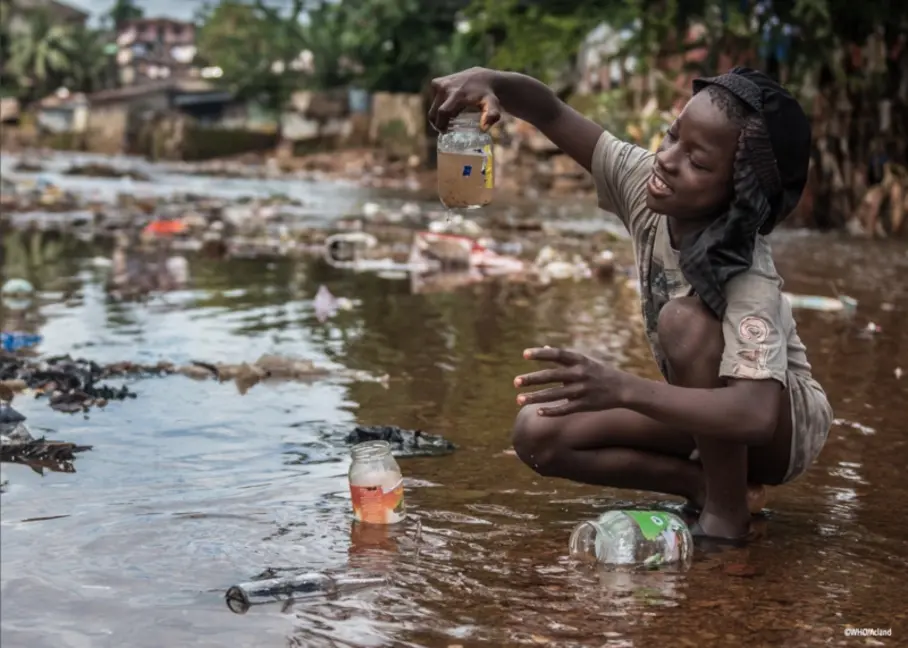To prevent cholera and other waterborne disease outbreaks in flood-devastated areas of Borno State, the United Nations Children’s Fund (UNICEF) has commissioned six solar-powered boreholes to restore access to clean water for nearly 12,000 people.
The intervention, handed over on Thursday in Maiduguri, comes in response to the 2024 floods that submerged about 70 per cent of the city and surrounding areas, severely disrupting water and sanitation infrastructure.
UNICEF Deputy Representative, Dr. Rownak Khan, said the agency prioritized water supply in its emergency response, as families forced into overcrowded shelters were left vulnerable to disease due to a lack of clean water.
“The risk of disease outbreaks, especially cholera and other waterborne illnesses, increased exponentially,” Dr. Khan warned. ““In the face of this crisis, the response required urgency, coordination, and a focus on long-term impact.”
The boreholes, each capable of supplying 22,000 litres of clean water daily, were installed in six of the hardest-hit communities across Maiduguri and Jere: Fori, Bulabulin, Shehuri North, Kusheri, Shetimari New GRA, and Goungolong.
Read Also: UNICEF, Edo govt partner on polio vaccine sensitization
The project was carried out in collaboration with the Borno State Rural Water Supply and Sanitation Agency and funded by IHS Towers. It aims to support recovery for displaced families, schoolchildren, and mothers in healthcare centres still grappling with the aftermath of the disaster.
Dr. Khan commended the Borno State government and community stakeholders including IHS Towers partners for collective support.
Cholera, is bacterial disease causing severe diarrhoea and dehydration. It spreads through contaminated water to human. If not treated properly, it can lead to death.
According to World Health Organisation (WHO) published in 2023, Borno State recorded 12,496 confirmed cases with 394 deaths.



